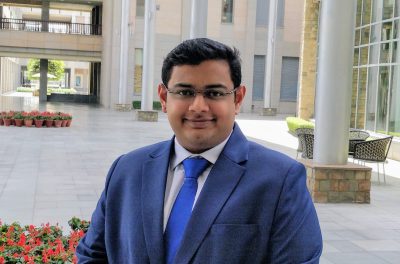
It is estimated that every year about 20 million citizens in India turn 18. In 2014, approximately 150 million were eligible to vote in the Lok Sabha elections for the first time in their lives. In 2019, that number is expected to rise to about 160 million. And the total population of the country between the ages of 18 to 35 is estimated to be more than 400 million.
The drivers of the voting behaviour of this age group are expected to be different from their parent’s or grandparent’s generation, and many experts have touted them as a key voter group whose votes can be swung and who will play a crucial role in deciding the outcome of the election.
In this digital age, with access to information (and misinformation) being enabled to a great extent, given the growing internet penetration, an informed voter is much more probable than ever before. So how should someone who would be voting for the first time in a general election cast her/his vote? There is no easy answer to this question.
Party vs Candidate vs Leader – This is a dilemma all of us face. People who have voted two or more times, usually have their affiliations with some party and the first-time voters tend to vote based on issues, leaders. The anti-defection law in India makes it difficult for the educated voter to vote for the candidate over the party as the candidate would be unable to break the rank and file of the party. I rank the candidate first then the party but looking at 2014 some might feel the leader is paramount. Hence, I believe that our forefathers who debated whether we should adopt a presidential democracy or a parliamentary democracy chose the latter for a reason.
While choosing the candidate, a lot more is known to the corner chai wala or Pan Shop about her/his actual reputation than what is publicised. So, I would encourage everyone to discuss, debate and have a dialogue with peers, neighbours and relatives to ensure not only that you have considered as much information as possible but also to encourage this culture of debating issues and having a constructive dialogue that epitomises democracy.
#NationalYouthDay
About the Author:
Shreyas Habbu, PGP 2019, Heads the Public Policy Club at ISB. Having worked as a political consultant and as a Fellow to the Chief Minister of Maharashtra, Shreyas enjoys having conversations about politics, government and policies of the government.

